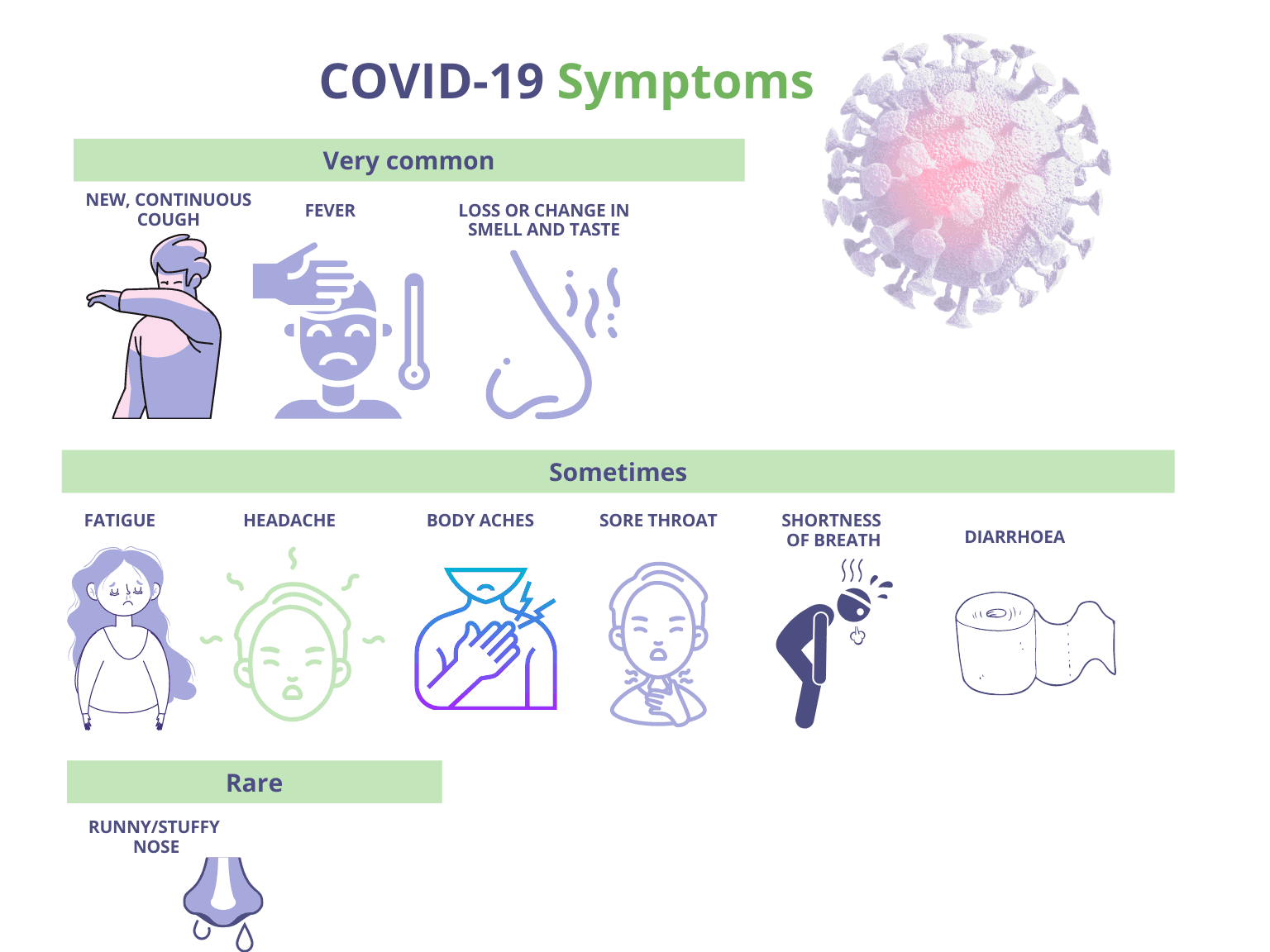

To learn more check out our Harvard Medical School Guide, COVID-19, Flu and Colds.Ĭoronavirus Update: We're facing the start of a second wave (recorded )ĭr.

Amy Sherman, an infectious disease expert with Harvard's Brigham and Women's Hospital, about what we may expect when COVID and the flu season meet. With the COVID-19 pandemic still ongoing, and the annual flu season fast approaching, what can people expect when these two illnesses collide? Are we at greater risk for getting either virus? And could this encounter change how we approach health care now and in the future? Matthew Solan, executive editor of the Harvard Men's Health Watch, talks to Dr. Podcasts Thoughts on COVID-19 during this year's flu season (recorded ) Allergies? Common cold? Flu? Or COVID-19?.Is there any good news about the coronavirus pandemic?.

Be careful where you get your news about coronavirus.Get your affairs in order, COVID-19 won't wait.Go to the hospital if you need emergency care, even in the era of COVID-19.Some healthcare can safely wait (and some can't).Time for flu shots - getting one is more important than ever!.Coping with the loss of smell and taste.What is COVID-19 brain fog - and how can you clear it?.Should we track all breakthrough cases of COVID-19?.Year three of the pandemic is underway: Now what?.Some people also experience some of the symptoms associated with the COVID-19 infection, such as, a high temperature, cough, headaches, sore throat, changes to sense of smell or taste. Feeling sick, diarrhoea, stomach aches, loss of appetite.Problems with memory and/or concentration.There seems to be no link between how ill people are with the COVID and their chances of experiencing long COVID. Most people will recover from COVID in a couple of weeks, but for some people this recovery process might take longer. This is known as post-COVID-19 syndrome or long COVID. Post COVID symptomsįor some people, COVID-19 can cause symptoms which last weeks or months after the infection has gone. No active virus was found after 9 days of symptoms starting, so it’s unlikely that the majority of these people would be very infectious beyond those 9 days. The study found that the amount of active virus (virus that can replicate) in people’s throat particles peaked in the first 5 days from symptoms starting. How infectious someone is depends on how much virus they’re carrying and how much of this virus is able to multiply.Īn extensive study in the Lancet Microbe has found that people are most likely to pass on COVID-19 during the first five days of symptoms starting. This cough then develops into severe respiratory symptoms which can require hospital treatment around a week after their symptoms started. People with severe COVID-19 symptoms typically follow a pattern which begins with loss of taste and/or smell, fever, and cough in the first couple of days. The Kings College and ZOE symptom study suggests that the majority of people recover from COVID-19 within 2 weeks, but that 1 in 10 people still have symptoms after three weeks. We know that incubation periods vary depending on the person, so it is possible to get tested too early after exposure. Taking a test after exposure to COVID-19 proves that you do not have COVID-19 on the day you get tested, but it doesn’t mean you can’t develop it later If you’ve been in contact with someone who’s tested positive, you might want to take a lateral flow test to see if you have COVID-19 too. How soon after exposure to COVID-19 can I be tested? The day you develop symptoms is classed as ‘day 0’ of your infection. The study found that the median incubation period was 5.1 days and that 97.5% of people with symptoms will develop these within 11.5 days. This is based on a study done in Wuhan, China, where the pandemic started. But the average time before showing symptoms is thought to be 5 days. The incubation period for COVID-19 is between 2 and 14 days. The time between getting infected with a disease and starting symptoms is known as the incubation period.

It’s thought that between 17% and 20% of people with the virus have no symptoms at all. We also can’t forget that many people are asymptomatic. Other common symptoms include breathlessness, tiredness and aches and pains. Public Health England (PHE) say about 85% of people with COVID-19 will have at least one of these three symptoms.


 0 kommentar(er)
0 kommentar(er)
